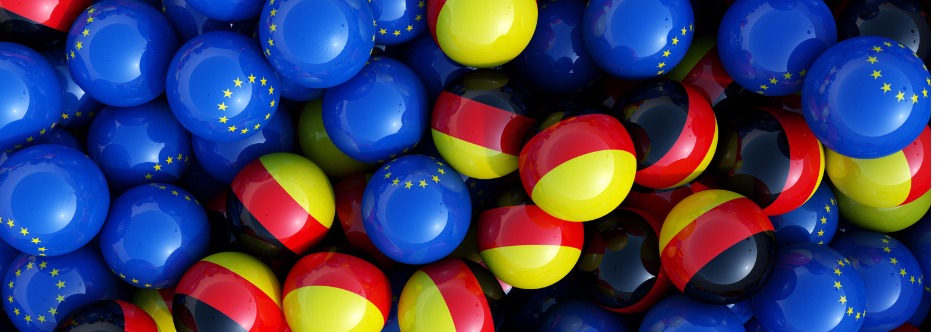In September, German citizens elected chancellor Angela Merkel to her fourth term in office. It was a foregone conclusions for months, after she had run ahead of her closest competitor by at least 10 percentage points since summer.
However, below the surface, not a lot about this election was insignificant. In Germany’s multiparty system, the two largest parties – the center-right Christian Democratic Union and the center-left social democrats – both ended with their worst results since the establishment of Germany as a democracy. Merkel’s CDU one, but only received around 30 percent of the vote and will need to look for a new coalition partner moving forward.
Below the two largest parties, further unrest bubbled to the surface. By earning almost 13 percent in the election, the Alternative for Germany (AfD) became the first far-right party to enter German parliament since the end of World War II. It is now the third largest party in the country, and will look to shape politics into a direction not everyone is comfortable with.
That, in turn, should matter for any employer looking to hire within or from the European Union. While the AfD itself was fractured, it campaigned above all on two major tenets: the EU does not help Germany, and the country has been too welcoming to refugees. That sounds similar to other recent elections around Europe, where far-right groups gained steam with similar messaging.
The Potential Impact on the European Job Market
It’s difficult to outline exactly what will happens in European economies as a result of the election. On the one hand, Merkel will continue to govern and pursue pro-EU centrist policies. On the other, a far-right opposition might push her toward more isolationist tendencies, which will ultimately hurt the labour market across Europe.
One thing is for sure: the next few months will bring uncertainty. AsCNN points out, Merkel will no longer be able to coalition with her partner for the past eight years. As a result, minority governing parties will likely include the pro-business FDP and environmentalist Green Party. Conflicting priorities might lead to a deadlock in which few agenda items get accomplished, the status quo is the best to hope for, and the opposition gains power.
Understanding the Limitations of Power Within German Politics
Without a doubt, the above potential consequences can lead to significant worries for any employer looking to gain top-market talent from within European Union borders. That said, we have to clarify that while the rise of the AfD (and other parties like it) is worrisome for an integrated job market, it’s impact for now will be limited.
Despite being the third largest power in parliament moving forward, the AfD will not enter the governing coalition. In fact, all major parties in the country have already ruled out partnering with the far-right group. Its impact on the actual politics in Germany, as a result, can only be indirect through effective opposition.
Like many of the movements around Europe and even the U.S., voters seemed to prefer the far-right in large part as an effort to protest against ‘business as usual’. The mere presence of party leaders in the opposition might inspire other parties to get back to their roots, and espouse a more populist approach.
In the meantime, the European job market should remain secure after the election. Germany continues to boast one of the strongest economies in the world, and Angela Merkel will look to continue as the driving force behind a tightly integrated European Union. It makes sense to start thinking about long-term prospects of a rise of isolationism within the country. But in the short term, we don’t expect any major labor market shifts.
.

